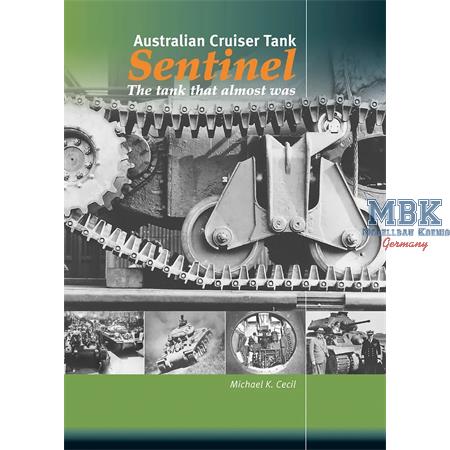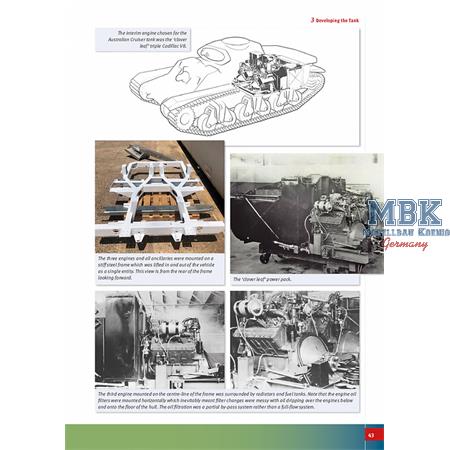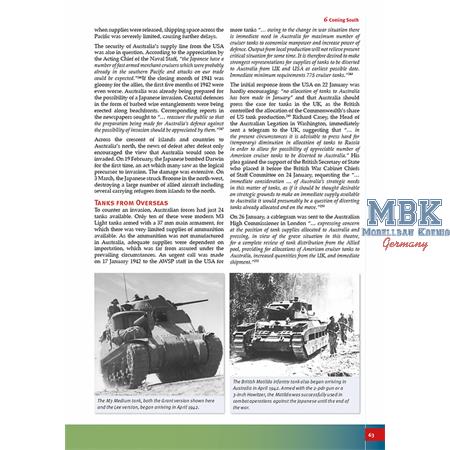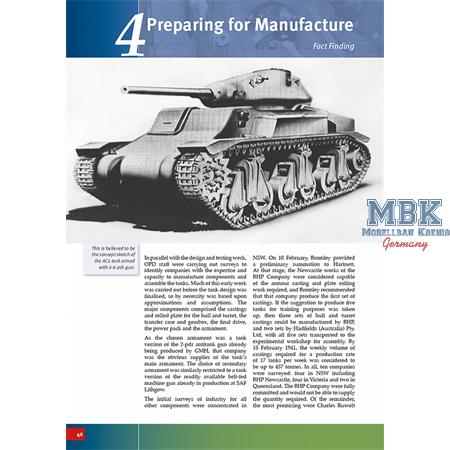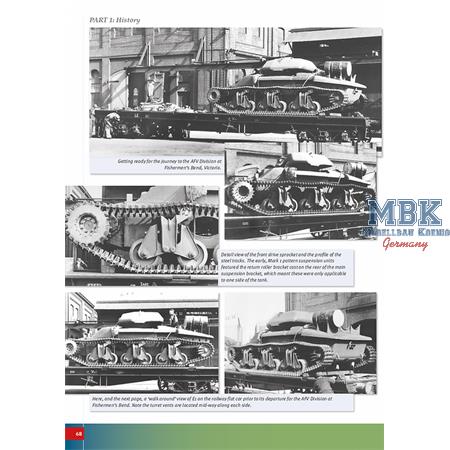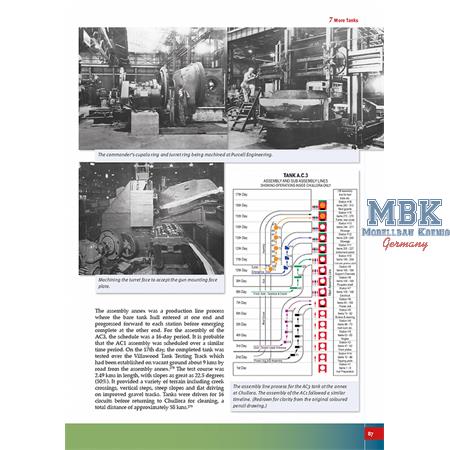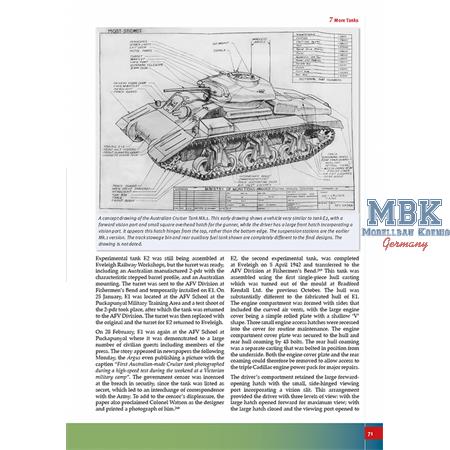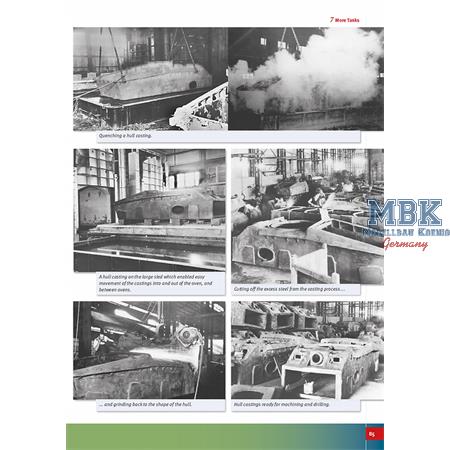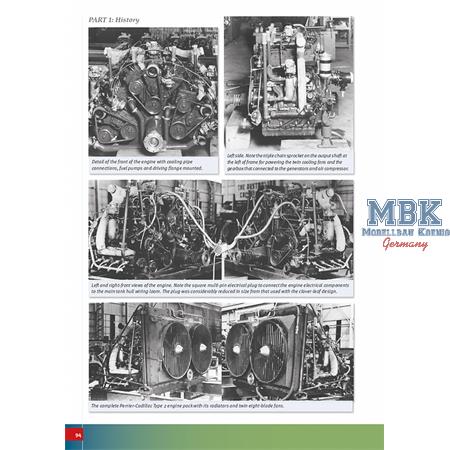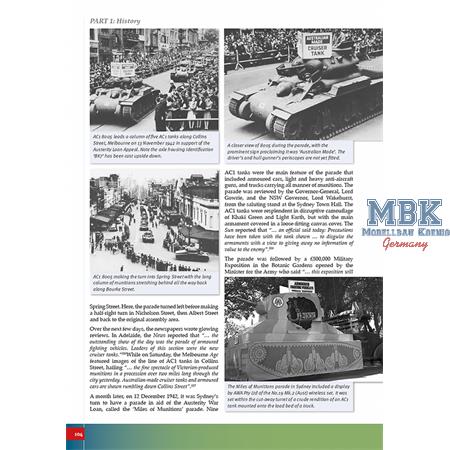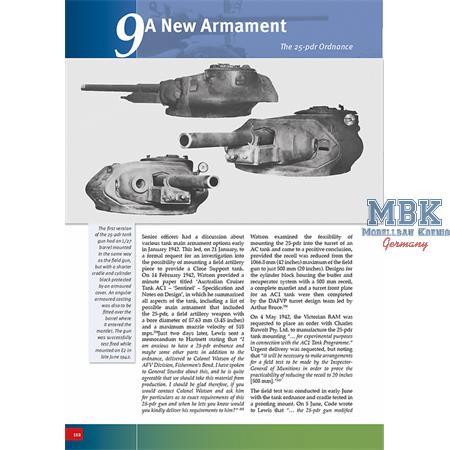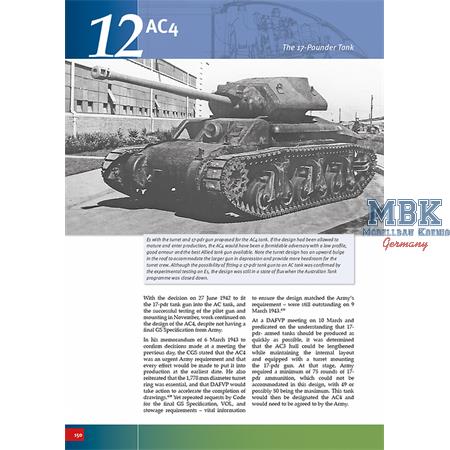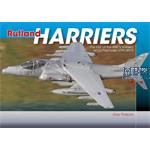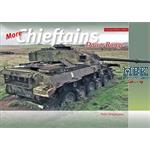Australian Cruiser Tank - Sentinel
TP-SENTINEL
TRACKPAD
The Australian Cruiser tank project was an audacious venture for a country with limited heavy industrial capacity – and no experience in the design or manufacture of a modern cruiser tank.
The genesis of the project was a technical intelligence report prepared in mid-1939 by Major Ronald Hopkins about the strength of the Imperial Japanese Army’s tank force. The report was so alarming that the Chief of the General Staff called for the design and construction of a light cruiser tank to combat a possible Japanese invasion of the Australian mainland. Initial design work was commenced by Army design staff in late 1939, but with the creation of the Department of Munitions in mid-1940, the responsibility for tank manufacture passed to that department. From there, the project brought together a consortium of Munitions, Army and private industry which together developed the Australian Cruiser tank, with the Mark 1 version called the ‘Sentinel’.
It was not without its problems, a project hampered by constant changes in specification and fraught with overly optimistic delivery estimates, rivalries that were both inter-departmental and personal, questionable management decisions, and a total dependence on the supply of vital components from the USA.
Conversely, there was also remarkable innovation and ingenuity. An unconventional formula for Nickel-free cast armour and the hull cast as a single piece were world-firsts, as was the mounting of a 25-pdr main armament, followed soon after by the formidable 17-pdr tank gun.
However, by July 1943, with more tanks having arrived from overseas than the Army needed, and with little prospect of the delivery of combat-ready tanks from local production any time soon, the Australian Government decided in principle to the cessation of the Australian tank programme, making the final decision to terminate in February 1944. Despite the enormous resources devoted to the project, only 65 AC1 Sentinel tanks were ever manufactured.
The tank that almost was.
A4, portrait, 244 pages, approximately 480 photographs. Hardback
Write now your personal experience with this article and help others with their purchase decision.

